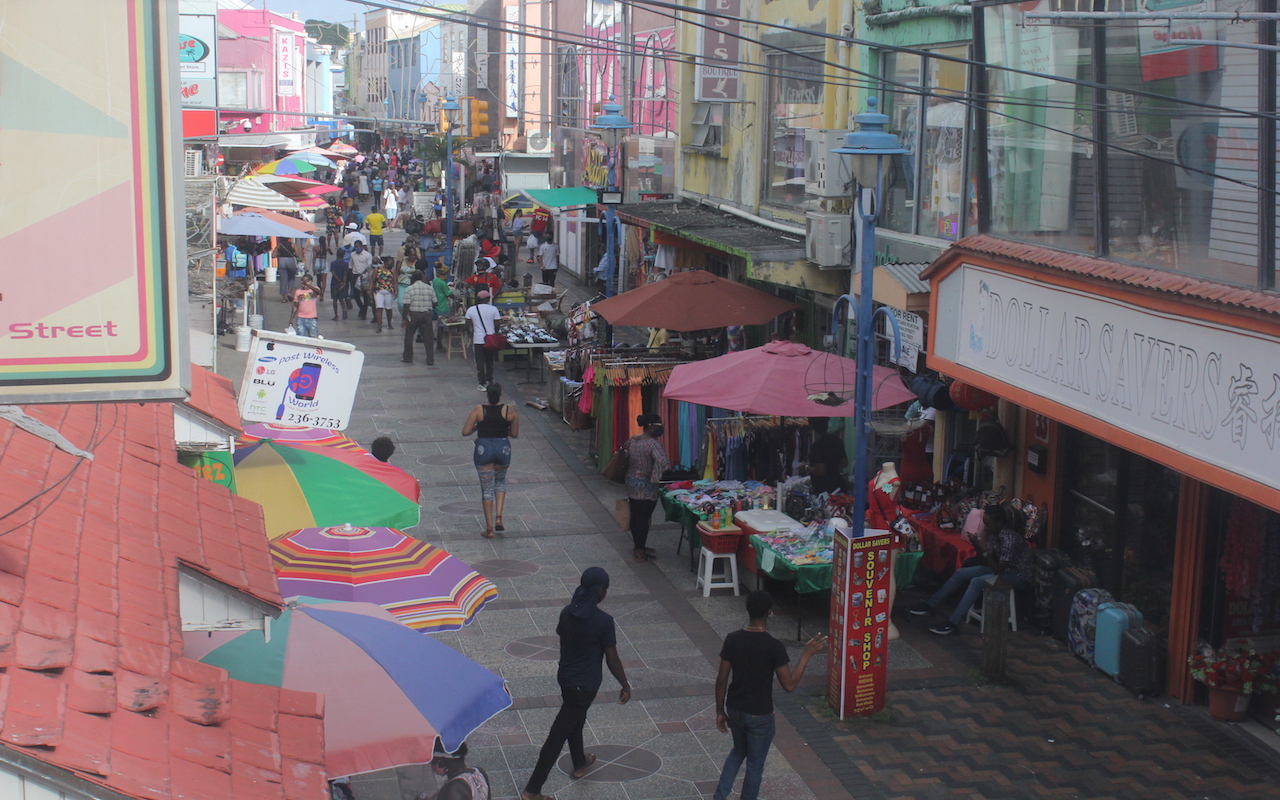Many ordinary citizens have come to regard counterfeit items as a natural course of business on the streets. It is not just a feature of the street hustle of Bridgetown, but in metropolitan cities such as New York and London.
Authentic luxury goods are often flaunted in the faces of those who cannot afford them. From magazines to television ads and social platforms, brand names such Louis Vuitton, Prada, Gucci, and Cartier to sports labels such as Nike, Adidas, and Puma are splashed as the status symbols.
A thriving black market for knockoffs has existed for many years despite world-wide attempts to crush manufacturers who basically steal the intellectual property of others who have developed their brands and spent billions of dollars over the years to market the products.
Our entertainers know only too well how pirates, who recorded their music and sold it on the street corners in Bridgetown, helped to decimate this segment of their revenue source.
How many of us will admit to purchasing copies of blockbuster movies on the streets or purchased “dream boxes” to avoid paying cable costs?
Granted that advances in technology have displaced many of these fake products, the counterfeit business still thrives.
For many people, appropriating another’s intellectual property is not as harmful or as dangerous as stealing a person’s wallet, car, or jewellery.
Dr. Marcus Goffe, Deputy Director and Legal Counsel for the Jamaica Intellectual Property Office (JIPO) says various forms of intellectual property (IP) could be worth their weight in gold.
Intellectual property includes copyright, patents, trademarks, designs, and geographical indications. They also include the works of singers, songwriters, graphic artists, young inventors, fashion designers or design houses, sculptors, fine artists, animators, producers of artificial intelligence, persons who are developing new strains of marijuana or even agricultural-based products.
And so, when local police swooped down on well-known Bridgetown shops, searching Blessed Love Boutique and Sports Nation in City Centre, and taking away loads of merchandise, there was a hue and cry from vendors.
As far as they were concerned, counterfeit products were being sold at shops across the island and they queried why they were being “targeted”.
In 2017, a store owner was charged with falsely representing 11 pairs of slippers and 13 T-shirts as authentic Puma gear, contrary to the Consumer Protection Act Cap 326D, and exposing goods for sale bearing the Puma trademark which would mislead the public.
The charges were later dismissed.
Why would a billion-dollar company like Puma, from their headquarters in Germany, be bothered about prosecuting a shop owner in Barbados over 11 pairs of fake Puma slippers and some T-shirts?
It was to send a message. The fact is that there are manufactures in China, India and elsewhere whose sole enterprise is to produce fake brands.
And for those who say, it is only a few slippers, they may want to think twice about counterfeit products, when fake Colgate toothpaste, or fake medicines or bottled water that claims to Dasani or Evian but is actually produced by some character in his backyard, sticking labels onto bottles of water of suspect quality.
The problem too is that many of the fake brands find their way into developing countries because of weak border controls when it comes to authenticating such products.
A report in the New York Times last year said this was the era of fake products. It stressed that counterfeit goods and phony products were being sold on the Internet in a massive way.
It said most people did not realise that most listings on Amazon were not items sold by Amazon but were third-party sellers, too many of which were peddling fake items.
The United States Immigration and Customs Enforcement (ICE) warns that the production and trafficking of counterfeit goods poses a significant health and safety threat to consumers.
And what are some of the biggest and most dangerous counterfeit items being sold today? They include automotive parts, electronics, safety equipment, prescription drugs, and cosmetics and even fake contact lens.
We all want to know that when we purchase a part for our car, the relaxer and colour for our hair, the baby milk formula, the skin care product, the toothpaste, the processed food in a can, the biscuits in the package, that they are all authentic products that have gone through a rigorous process before being sold to the public. We also rely on and have faith in the brand that packaged and offered it for sale.
So, the fake Puma slippers or counterfeit H&M shirt may not cause us to lose sleep, but counterfeiters are not limiting their greed to clothing and jewellery and the danger they pose increases daily.




